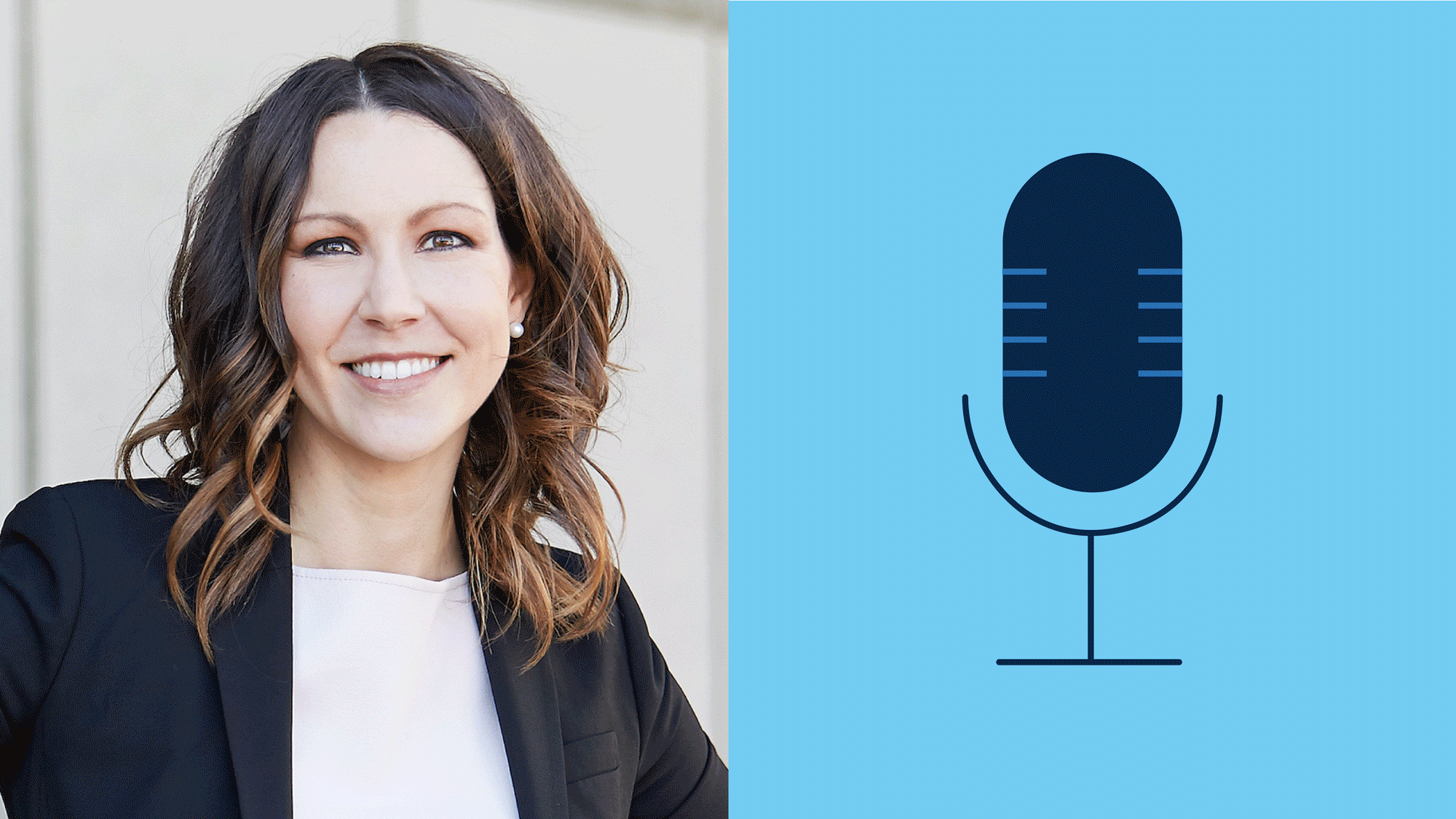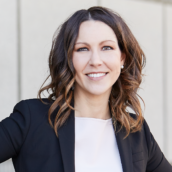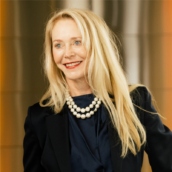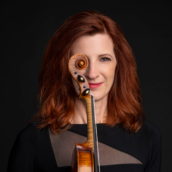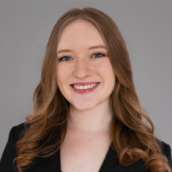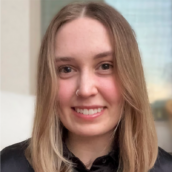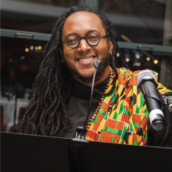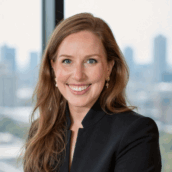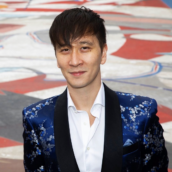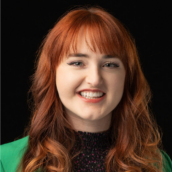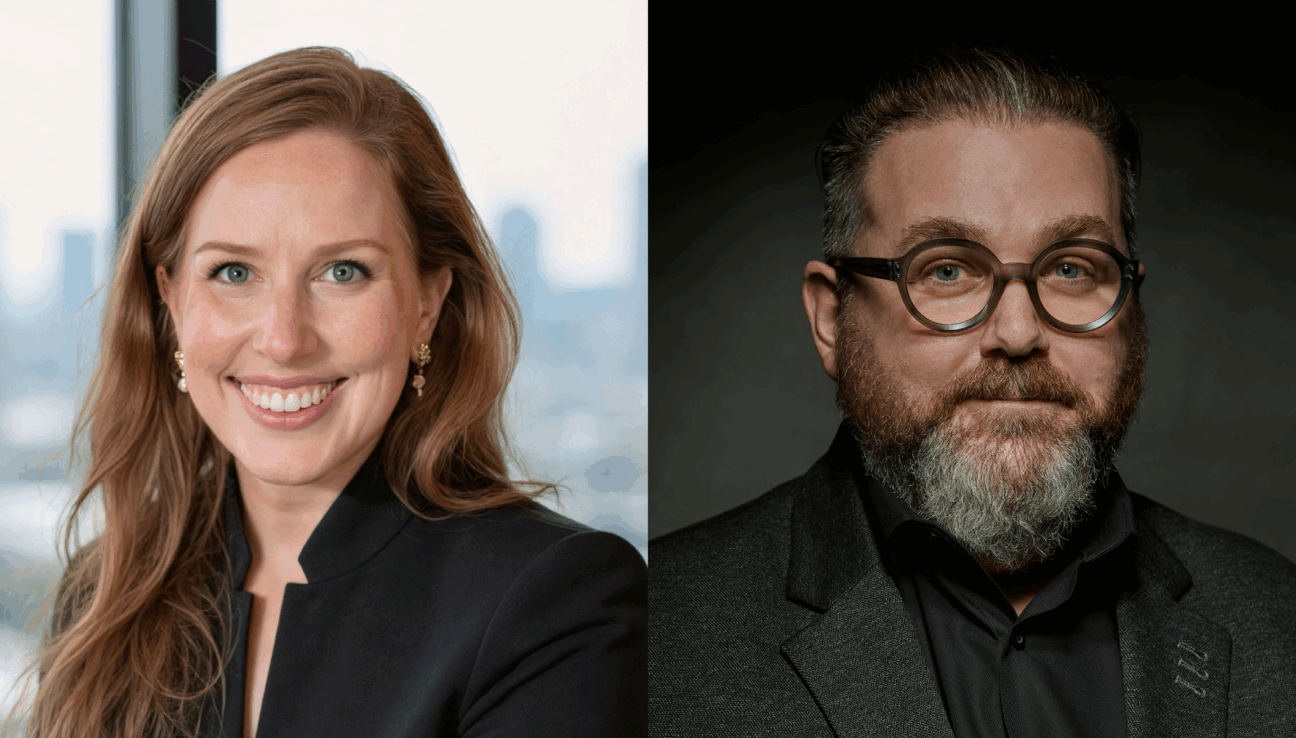
For Ming Min Hui, there’s no single “right” path to arts leadership—only the one you build through curiosity, courage, and a willingness to evolve.
Her career began far from the stage, in finance and corporate strategy on Wall Street. Today, as Executive Director of Boston Ballet, she sees that wide-ranging experience not as a detour but as the engine behind her leadership.
In this episode, Ming reflects on the value of expansive career paths, the power of collaborative problem-solving, and how she uses her business acumen to deepen the relevance of a 400-year-old art form in Boston and beyond.

